How Iran’s economy will deal with Trump’s return
Donald Trump’s return to the White House, besides ushering in another turbulent four-year term with serious implications for trade, global conflicts and the future of US foreign alliances, has raised concerns about the future of Iran's economy.
Reports say Trump’s staunch pro-Israel nominees for cabinet and coterie of top advisers plan to reinstate his trademark “maximum pressure” campaign against Iran with the aim of choking off the Islamic Republic's oil income by “going after foreign ports and traders who handle Iranian oil”.
Trump adopted the strategy during his first term as he took a dim view of a six-nation agreement with Tehran known as the Joint Comprehensive Plan of Action in the hope of architecting a new deal which could bring in American companies from the cold into Iran’s ripe market of many opportunities.
While it is too early to know what approach Trump might take in his new tenure given his mercurial nature and unpredictable policymaking style, the Iranian economy is not what it was in 2018. It has developed a level of flexibility and resilience that stricter sanctions can no longer threaten growth and development in a big way.
In his campaign for a second term, Trump signaled a more conciliatory approach to Iran, stating that he “would like to see Iran be very successful”. He further expressed a hope for improved relations: “I’m not looking to be bad to Iran, we’re going to be friendly, I hope.”
The New York Times even reported a meeting between Iran’s ambassador to the UN and Elon Musk, the tech billionaire closely allied with Trump, in a bid to defuse tensions in the new administration, but the Iranian foreign ministry “categorically denied” it and was “surprised” by the coverage in US media.
The stated goal of Trump's maximum pressure campaign in 2018 was to reduce Iran's oil exports to zero from about 2.3 million barrels per day. It ultimately failed to deliver that as Iranian oil continued to flow to the market, though at a quarter of pre-sanctions levels.
Throttling Iran’s sales with new sanctions would have even much less success since customers wary of the US retribution do not buy any oil from the country and those who do are not worried about sanctions or exposed to the US financial market.
Oil market analysts say increased enforcement of sanctions would trim just 200,000-500,000 barrels per day off Iran’s exports at worst.
Faced with restrictions, Iran's economy has continued to power ahead in the past five years and been able to build up domestic capacities in some sectors to counter challenges.
The country has also diversified its business partners, strengthening economic relations with neighbors. This is reflected in Iran’s recent membership in several international organizations.
In July 2023, Iran became a member of the Shanghai Cooperation Organization (SCO), a political and military alliance founded by China and Russia. In 2024, its membership in the BRICS+ group and inclusion in a free trade area with the Eurasian Economic Union (EAEU) brought Iran closer to other member states commercially while carrying significant symbolic weight for the country.
The country has also boosted its non-oil exports as a way of countering US sanctions. According to the head of the Islamic Republic of Iran Customs Administration, non-oil exports hit $43.14 billion in the first nine months since last March, up 18% from the same period a year ago.
Last October, the International Monetary Fund (IMF) raised its economic growth forecast for Iran in 2024 amid signs the country is becoming increasingly immune to the economic impacts of US sanctions.
In its World Economic Outlook, the IMF forecast Iran’s gross domestic product (GDP) to grow by 3.7 percent, up from a previous estimate of 3.3 percent. The country’s economy will continue to grow in 2025, albeit at a lower rate of 3.1%, according to the UN financial agency’s latest report.
To neuter sanctions, Iran's economy should continue to move on the path of growth, irrespective of global political developments and Trump’s direction.
To achieve sustainable economic growth and national development, there is also need for serious reforms to stamp out imbalances in the economy which have recently cropped up in the energy sector.
Russia reaffirms support for Iran’s sovereignty amid rising US threats
VIDEO | 3,000 bodies of Palestinians ‘evaporated’ as Israel used banned weapons in Gaza
Iran says political pressure cannot undermine its ‘inalienable’ enrichment right
Former Trump adviser Bannon plotted with Epstein to 'take down' Pope Francis
China warns US against ‘plotting’ on Taiwan, says it risks confrontation
VIDEO | Zionist takeover of UK police
VIDEO | Trump-Netanyahu meeting
Iran’s shortest rail route between China and Europe


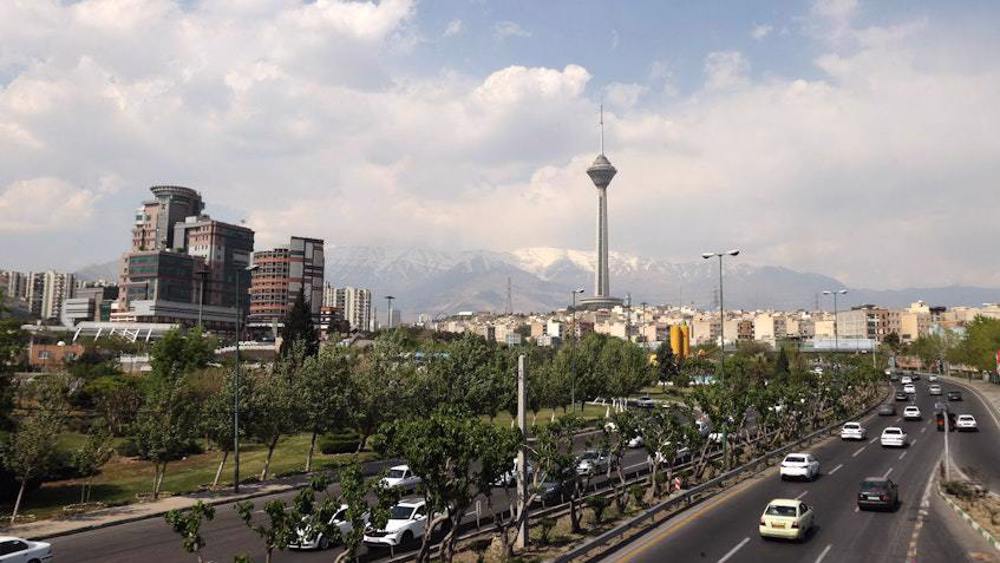
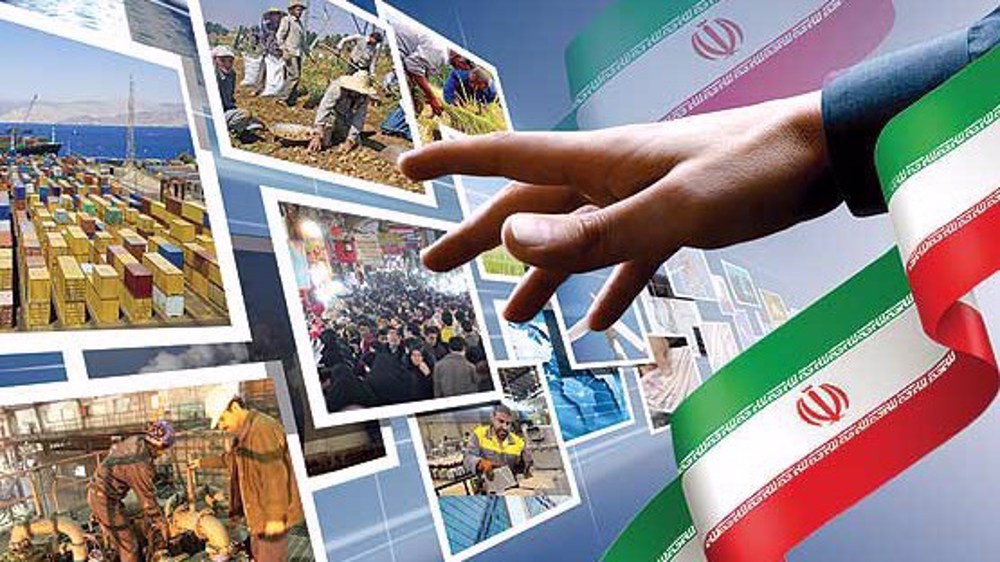
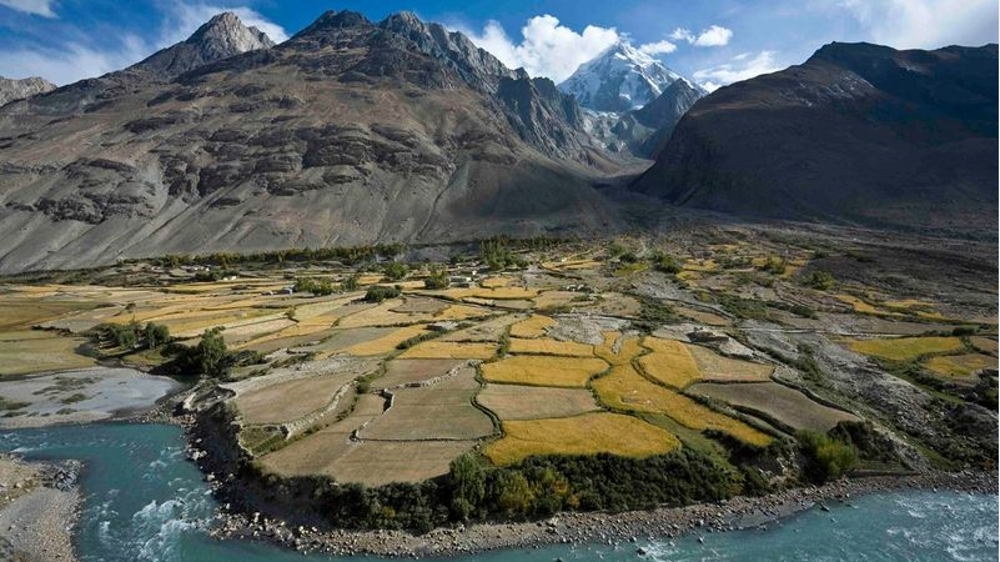
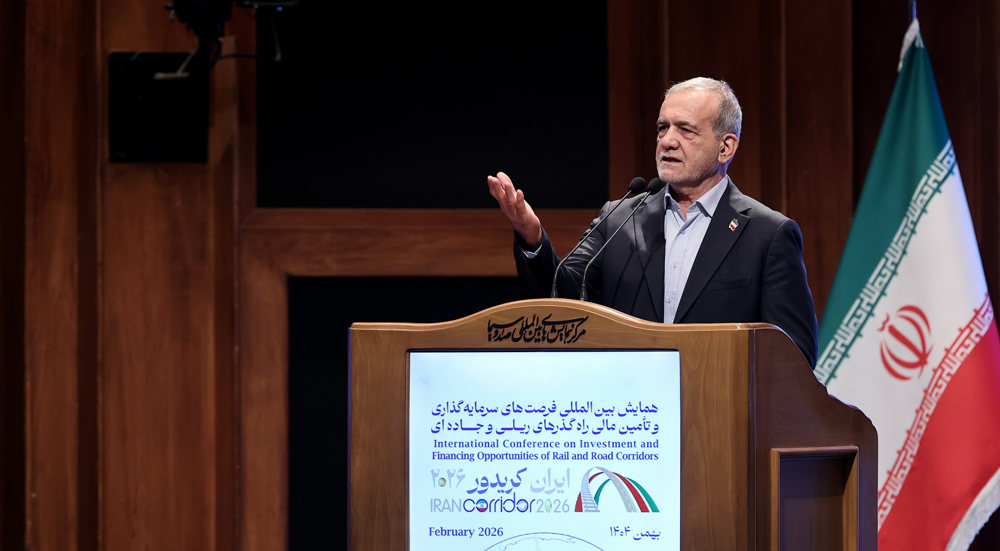
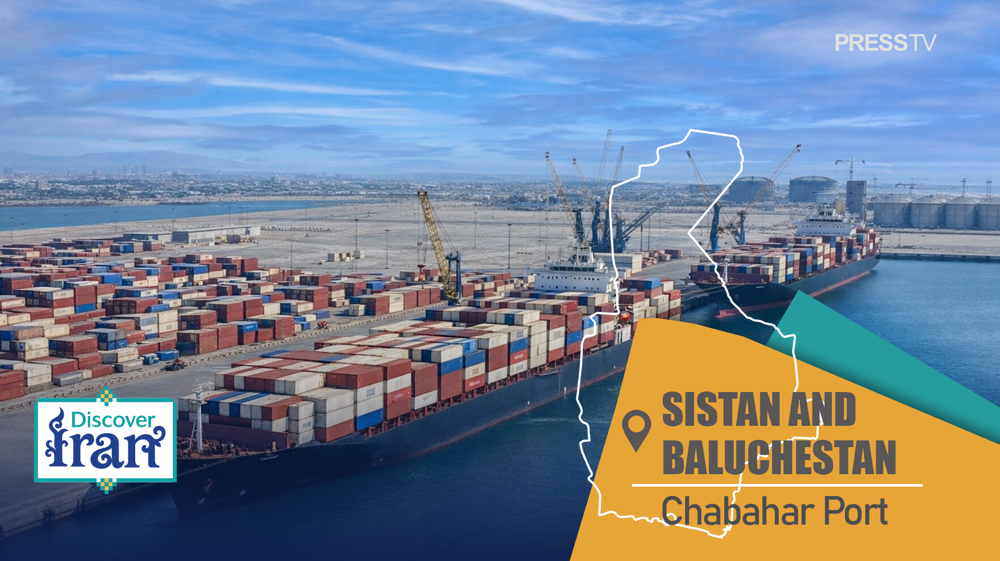




 This makes it easy to access the Press TV website
This makes it easy to access the Press TV website